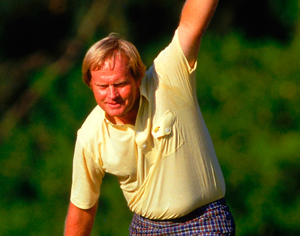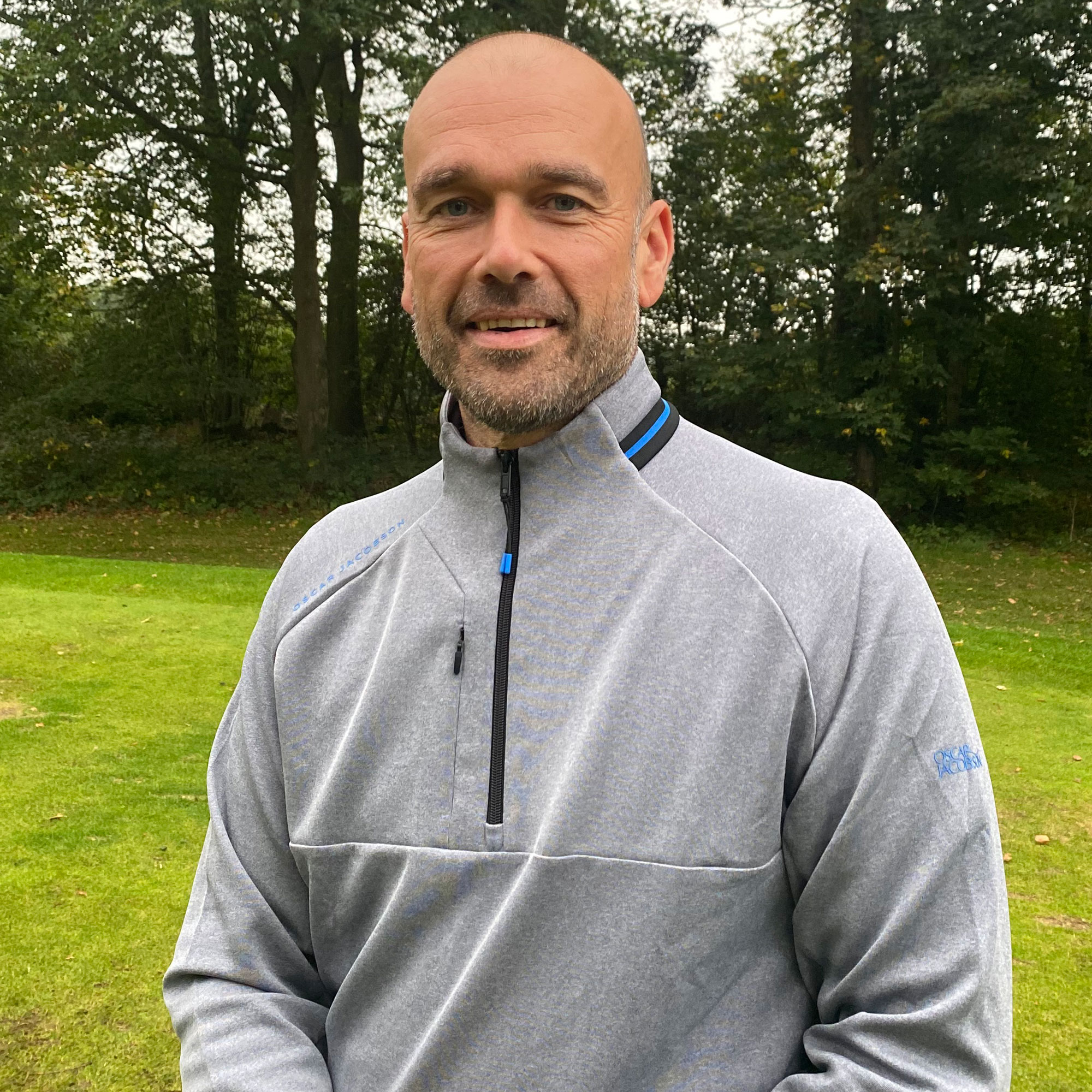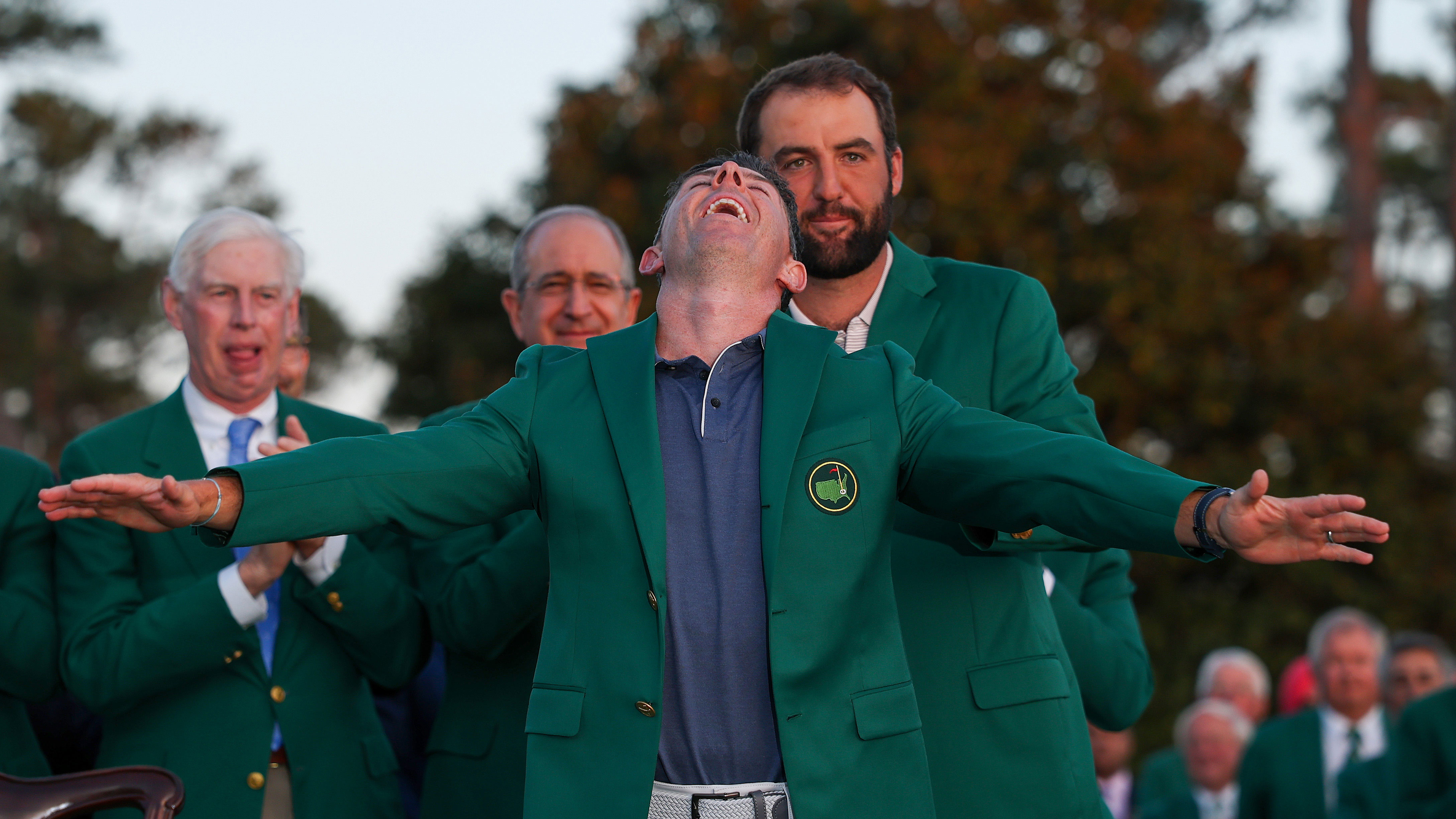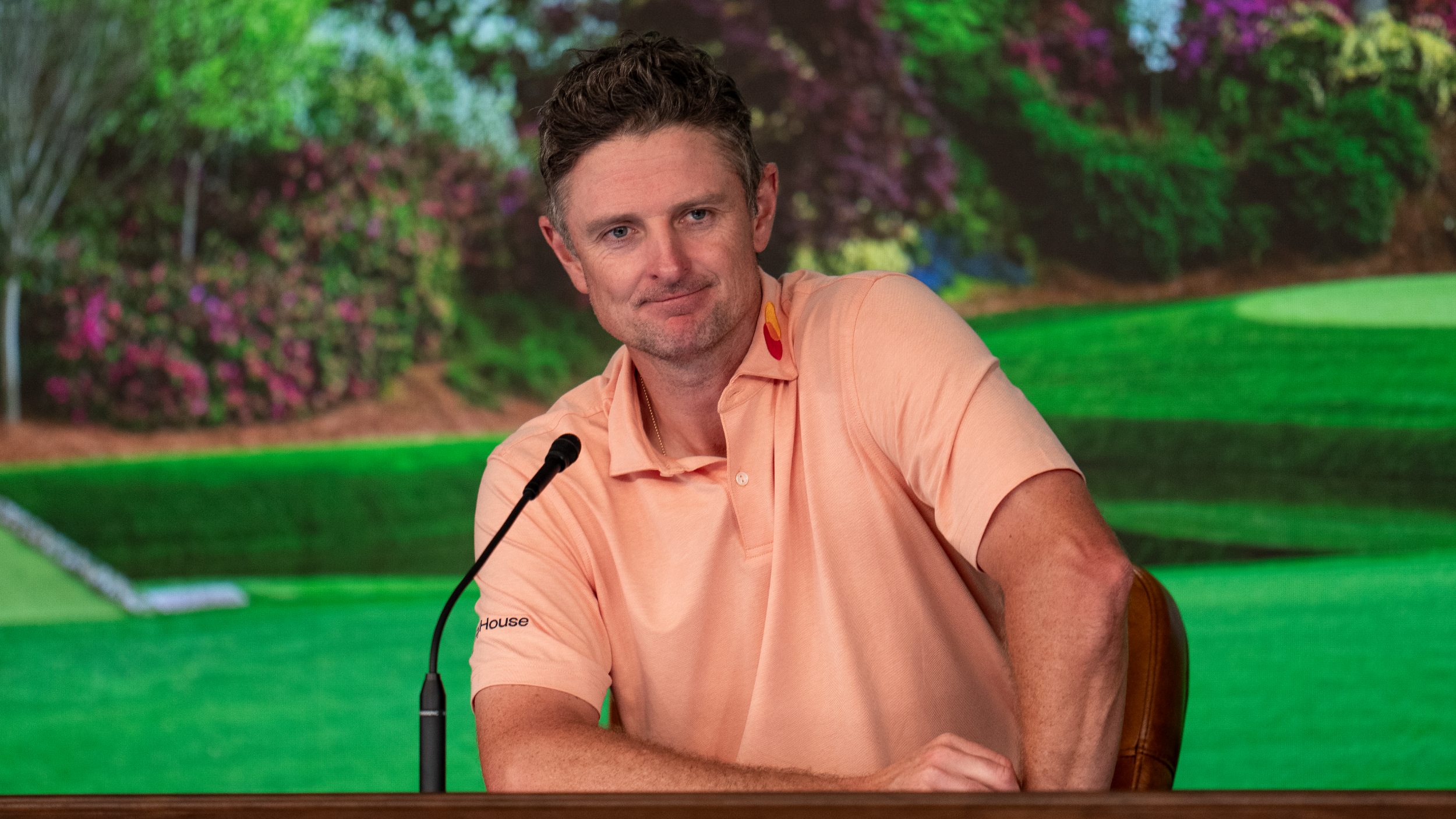Jack Nicklaus wins 1986 Masters
Golf Monthly's Alex Narey looks back at one of the greatest ever Masters, Jack Nicklaus' 1986 triumph, the last of his magnificent 18 Major titles


For any sport, the personal attachments are endless. In fact, it's long been a theory that certain sporting events become more a rite of passage than simply a competition for podium positions. The individual moments of skill, the epic comebacks, the demoralising defeats and those trailblazing victories - they all serve as by-products to a sport's complex emotions which, in turn, create a conveyor-belt of lasting memories. It may sound extreme, but such moments have a huge bearing on the way many people shape their lives.
When I first saw Jack Nicklaus winning the US Masters in 1986 at the age of ten, I had little understanding or appreciation of the victory. A golf-mad family and a smattering of books around the house meant I knew who Jack was (although the blonde locks were occasionally mixed up with those of Johnny Miller's), but there was no knowledge of the Masters or, for that matter, the fact that a 46-year-old had just completed one of the most extraordinary feats in modern-day sport.
What I did have, however, was an the image of Nicklaus wielding his putter towards the clouds, knees bending as he begins to stalk down a grease-like putt on Augusta National's 17th green. From replayed television footage or numerous still shots, you can't really make out much of the hole due to the ground-level camera angle and the rolling contours of the green. But you rely on Jack's piercing eyes - and the rising heads of the galleries - to let you know it's searing dead centre towards the cup. Once it drops, all hell breaks loose.
Over the years, personal research has helped to develop a more acute understanding of how Jack won on that day. There are many other powerful images, but this single moment carries with it something much deeper. It resonates with golf fanatics more than Jack being presented with his sixth Green Jacket by Bernhard Langer, more even than Jack accepting the applause on Augusta's 18th after completing the back nine in just 30 strokes for a Sunday 65. I sometimes wonder if things had turned out differently. What if the great man had bogeyed the 18th to finish one back? Or if Greg Norman hadn't pushed his approach into the galleries on the same hole to end any hope of a two-way play-off? Would we still picture this with the same feeling of romance? The answer is, undoubtedly, no.
Get the Golf Monthly Newsletter
Subscribe to the Golf Monthly newsletter to stay up to date with all the latest tour news, equipment news, reviews, head-to-heads and buyer’s guides from our team of experienced experts.

Alex began his journalism career in regional newspapers in 2001 and moved to the Press Association four years later. He spent three years working at Dennis Publishing before first joining Golf Monthly, where he was on the staff from 2008 to 2015 as the brand's managing editor, overseeing the day-to-day running of our award-winning magazine while also contributing across various digital platforms. A specialist in news and feature content, he has interviewed many of the world's top golfers and returns to Golf Monthly after a three-year stint working on the Daily Telegraph's sports desk. His current role is diverse as he undertakes a number of duties, from managing creative solutions campaigns in both digital and print to writing long-form features for the magazine. Alex has enjoyed a life-long passion for golf and currently plays to a handicap of 13 at Tylney Park Golf Club in Hampshire.
-
 'It Was A Nice Touch And A Little Bit Ironic At The Same Time' - Past Champion Makes Heartfelt Gesture To Rory McIlroy Before Masters Victory
'It Was A Nice Touch And A Little Bit Ironic At The Same Time' - Past Champion Makes Heartfelt Gesture To Rory McIlroy Before Masters VictoryThe Northern Irishman received a good luck message in his locker from a certain former champion prior to Sunday's find round
By Michael Weston Published
-
 Golf's Good Guy Justin Rose Shares Extraordinary First Words To Rory McIlroy After Englishman's Second Masters Playoff Heartbreak
Golf's Good Guy Justin Rose Shares Extraordinary First Words To Rory McIlroy After Englishman's Second Masters Playoff HeartbreakJustin Rose gave a typically classy response after his agonizing playoff defeat to Rory McIlroy at The Masters
By Mike Hall Published